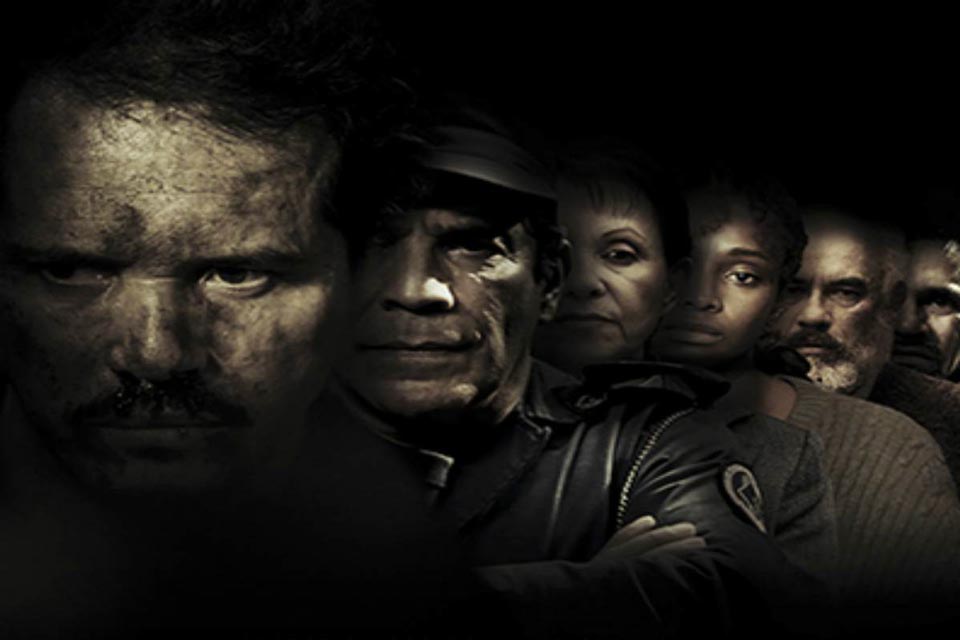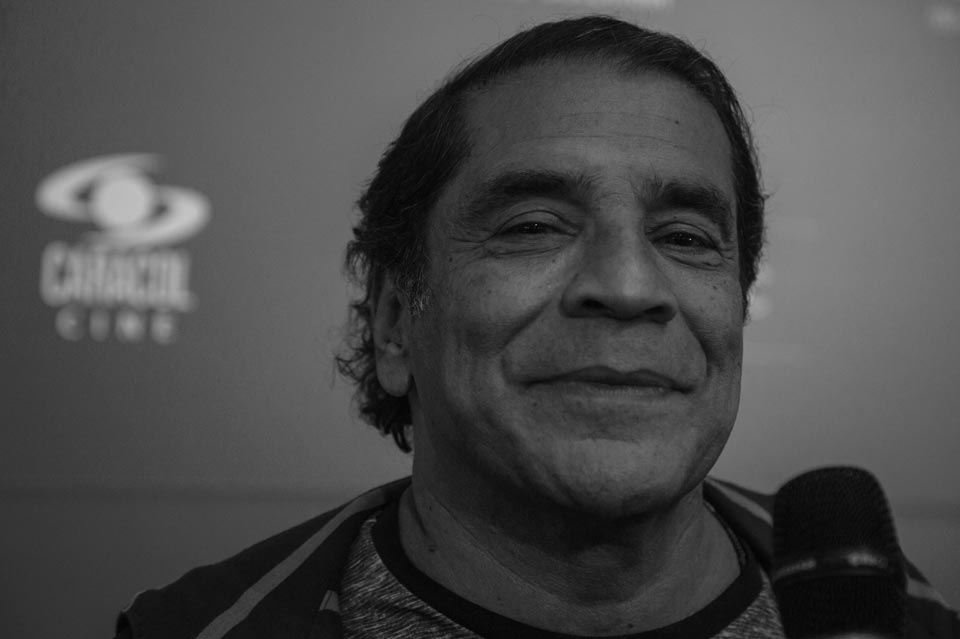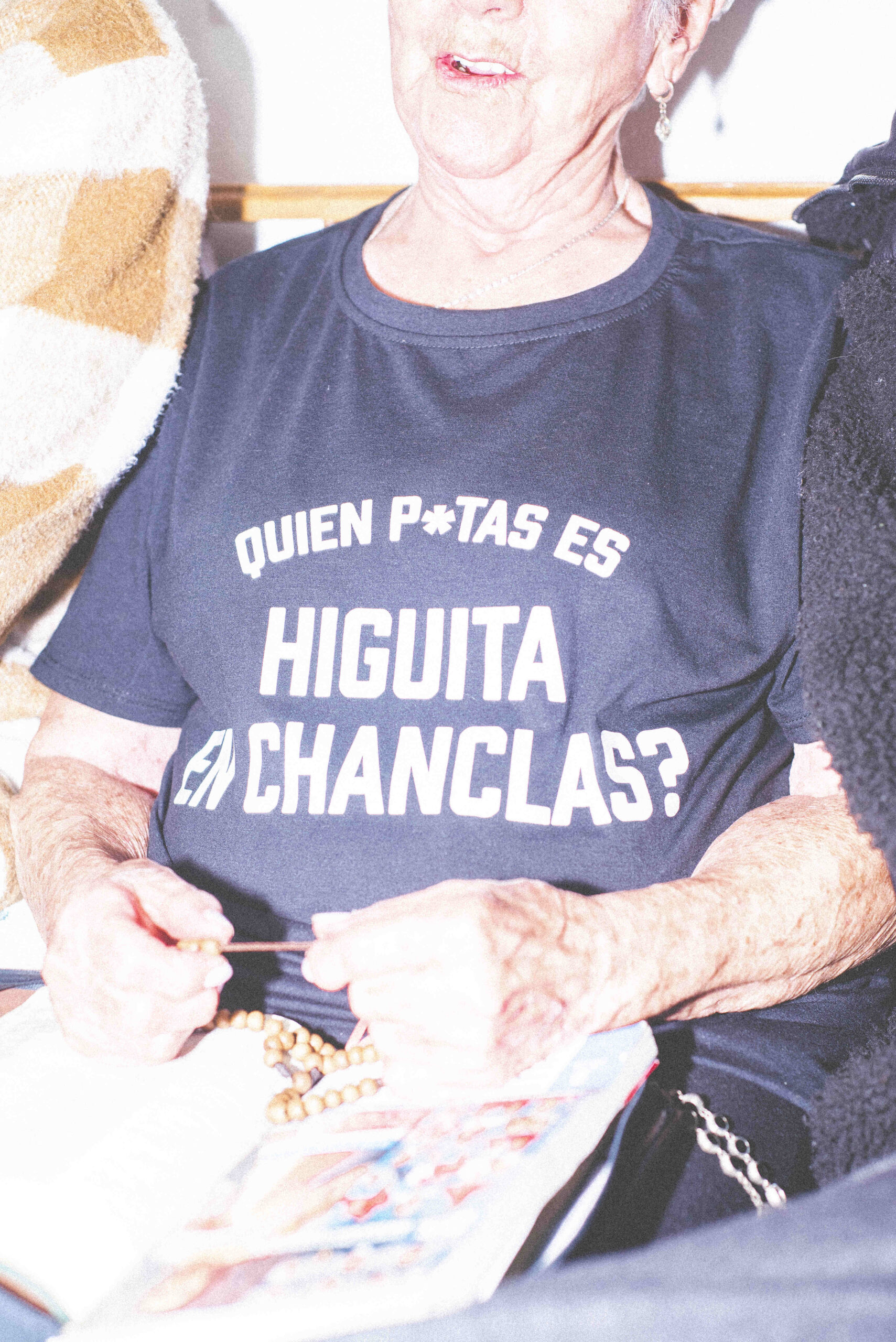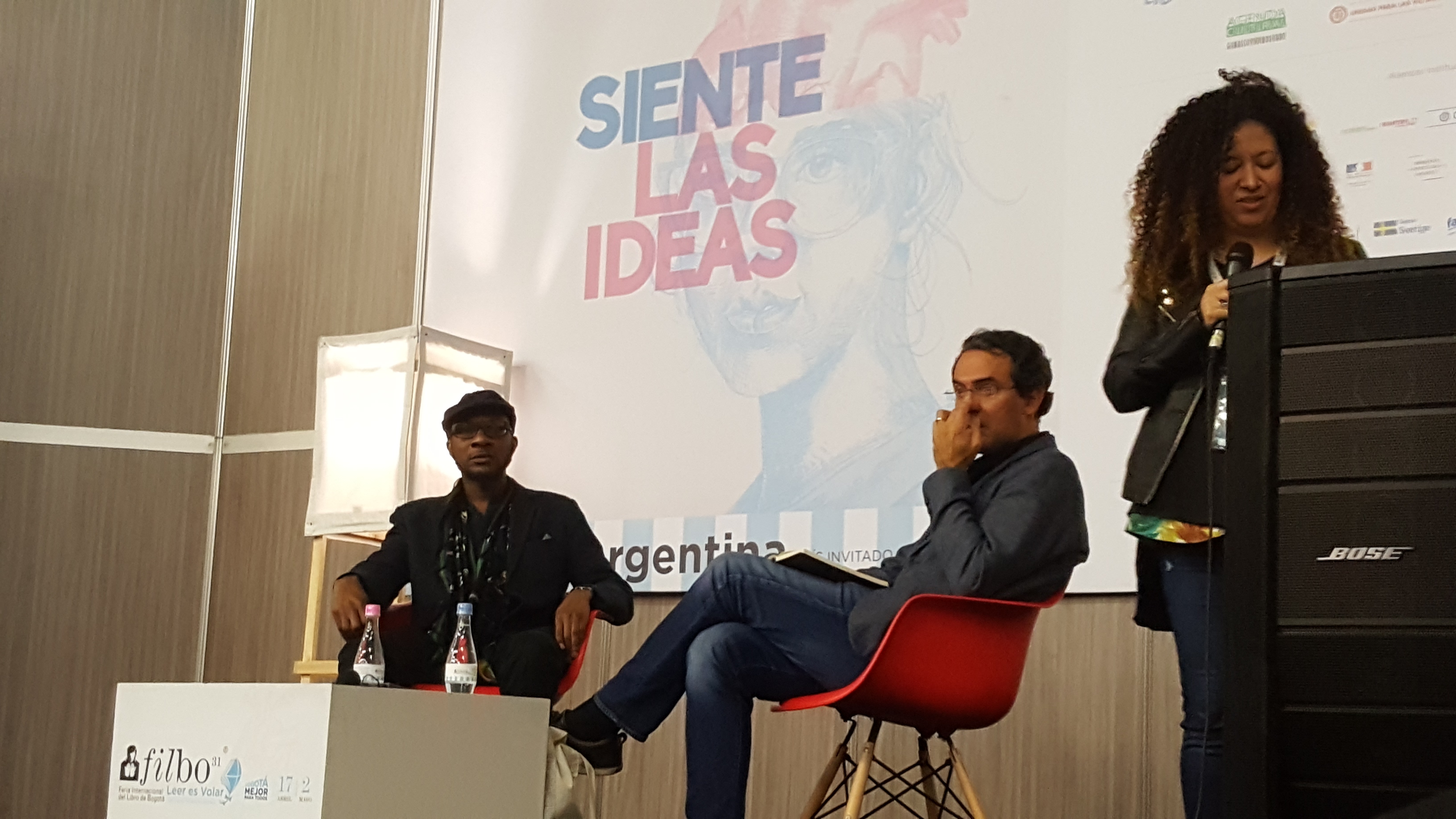
Perros, staring John Leguizamo could be director Harold Trompetero’s best yet
Perros, the new film that premiered at IndieBo, is a shocking drama that is set – and filmed – in prison. Milagros Oliveros finds out more…
Frantic breathing, blood red and a few sharp, painful blows immediately set the stage for what’s to come. The meticulous attention to detail in Perros, the new film by Harold Trompetero – which was released during the second edition of IndieBo, Bogotá’s independent film festival – highlights the impeccable production and the ultimate intent of the story: touching the viewer on a very deep level. Drama is the star in this movie, unlike the other productions that the Colombian director is known for.
This is a story that takes us into the minds of the characters, their past and their imprisoned present. Starring John Leguizamo, Perros creates a metaphor for everyday life by drawing parallels between the jail where the story develops and contemporary society. The shocking and painful scenes invoke an entirely plausible, yet uncomfortable place – it’s a setting where human nature can be reflected upon.
Furthermore, the film explores the complexity of interpersonal relationships. Trompetero explains that in the gestation of the narrative with writers Jeiver Pinto and Gerardo Pinzón, the group tried to pinpoint the essence of true love, and so considered they way that love from humans can sometimes be less sensitive or sincere than that provided by an animal. In the film, the protagonist, who is incarcerated for a crime of passion, creates a closer connection with the prison’s dog than with fellow prisoners.
According to the director, the creative process of the film took more than seven years. During that time, he directed and released five comedy films. Therefore he feels that Perros sets a different tone for him; a contrast to what he had been doing before. “It was almost a cathartic job. After so much laughter, creating something so heartbreaking is amazing. People forget that the most important films of my career are Violeta de mil colores, Riverside and Locos, which are very visceral and deep. Perros became my personal artistic project that was being created in parallel to the other movies.”
Completely different from what we are used to seeing from Harold Trompetero, Perros is a dramatic and strong film, with a very different production style and high technical qualities. As he defines it, “it is a tremendous drama that mourns and brings people to tears”.
The movie was filmed in an abandoned prison in Facatativá (about 30km outside Bogotá), which added to its distinctive feel. As producer Marcelo Brunetti explains: “It was a challenge from the start. Being there in that prison can make you really feel what it is like to be locked up. They were tough weeks, but I consider it to be the best Trompetero movie so far.”

Our girl Milagros speaking with Perros’ director Harold Trompetero.
The making of the film included field research in prisons such as Bogotá’s La Picota prison, talking with inmates to understand a reality that is sometimes ignored or hidden. The team also employed former guerrilla and paramilitary members as extras, which added a depth and reality to the creative process. For Trompetero, “working with ex-convicts was a very enriching experience at the individual level, because we encountered regular people, with their realities and their stories. They greatly contributed to the making of the movie in terms of plausibility.”
According to Alvaro Rodriguez, one of the main characters, art direction played a very important role in sensitising the characters. “As head of the guards, who captures the protagonist, I lived all the vicissitudes of the confinement as another prisoner. It is a film through which one can venture into the complex human world and understand it.”
He added, “Each movie is like a school and this one in particular was highly pleasant to do because I could explore new acting aspects of myself.”
Rodriguez was also impressed by the level of reality and quality of the dramatic composition. “The verisimilitude in the dramaturgy of the work was shocking. The script was a big surprise, because I had not seen that type of plot and dramaturgical game in Trompetero before.”
Actor Ramiro Meneses also emphasised the tragic tone of the movie and the dissimilarity that it has from previous works by Trompetero. “As always, my experience of shooting with Harold was the possibility to be amazed by his ideas, by what he has in his mind, and how he assembles the scenes and characters. This is the third film I have done with him. However, I found this story was knitted differently. It is a dog film created for ‘dogs’. It has a dark shadow, a tragedy with involved and unforgettable performances.”
Speaking about the gloomy and murky style of the production, Meneses noted that spending a month filming in a prison sharpened the general feeling of confinement. “Everyone smelled like jail. Even if we knew it was all make up, it felt real. The only hilarious thing was Harold’s laughter. Everything else was drama. The walls were a drama. We were locked in a prison of silence all the time, dedicated to the movie and our characters.”

Álvaro Rodríguez, one of the main characters from the movie. Photos: Jharol Mendoza
After writing 45 versions and participating in several international workshops, Perros was finally released in Colombia on July 21. Trompetero was grateful to Juan Carvajal, art director of IndieBo, who had worked hard to support the film and make it happen. “I think the ideal place for the movie premiere was this festival, which is becoming perhaps the most important one in Colombia and I think it will become a reference point in Latin America and also worldwide.”
Concerning the future of cinema in Colombia, producer Brunetti says that it is time to make movies with tingling stories that penetrate through to the bones and the soul. He wants to see simple stories that contain moments that each of us might experience at some point in our lives. “I am happy to have chosen Colombia, Harold and these actors to make this film. I think Colombia should begin telling other kinds of stories. There is a new generation of people that have other things to say that depart from the usual themes.”
Trompetero echoes this sentiment: “Colombian cinema is at a great moment in its development. We are starting to say new things […] to transcend, to seek our own truth and not just to exorcise demons”.
By Milagros Oliveros




